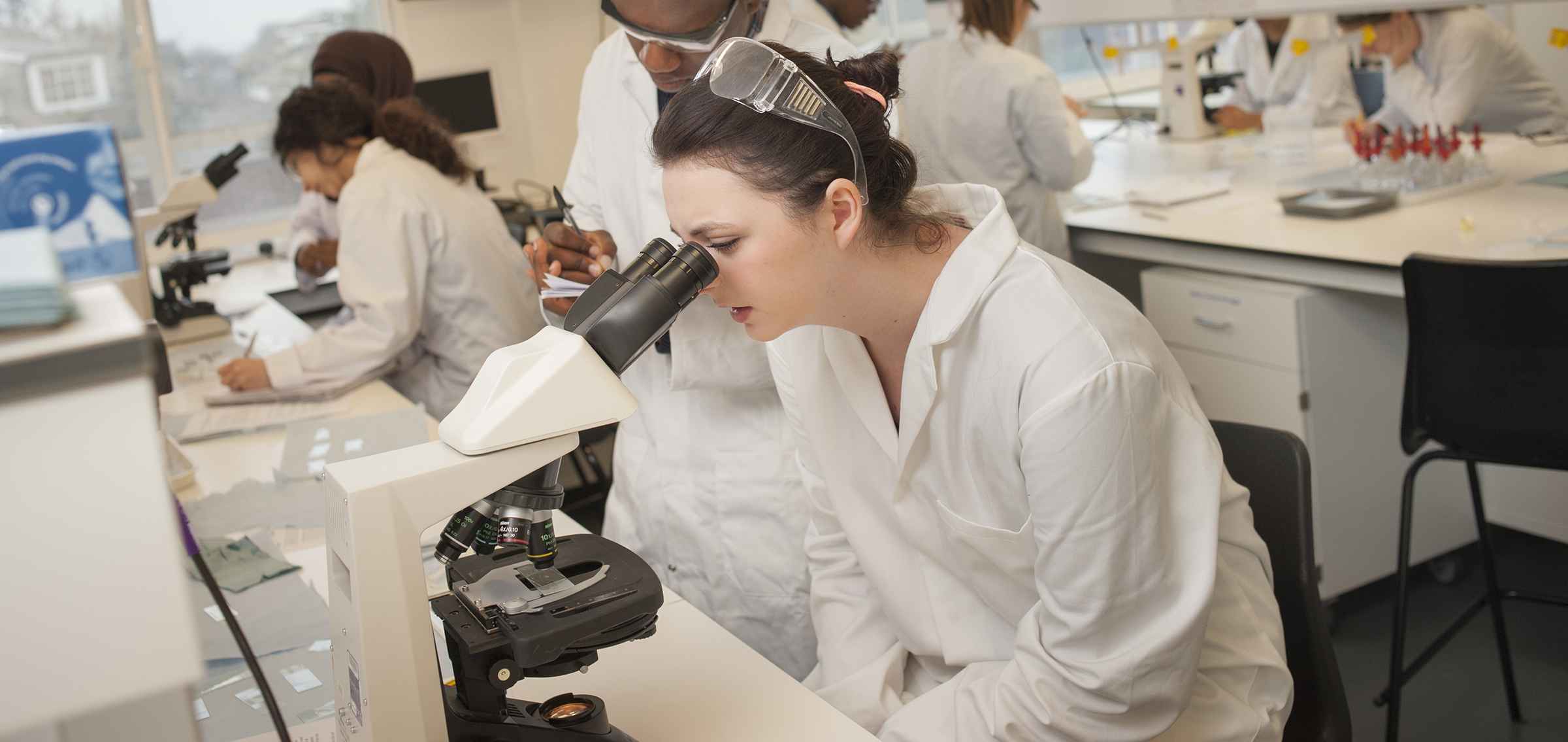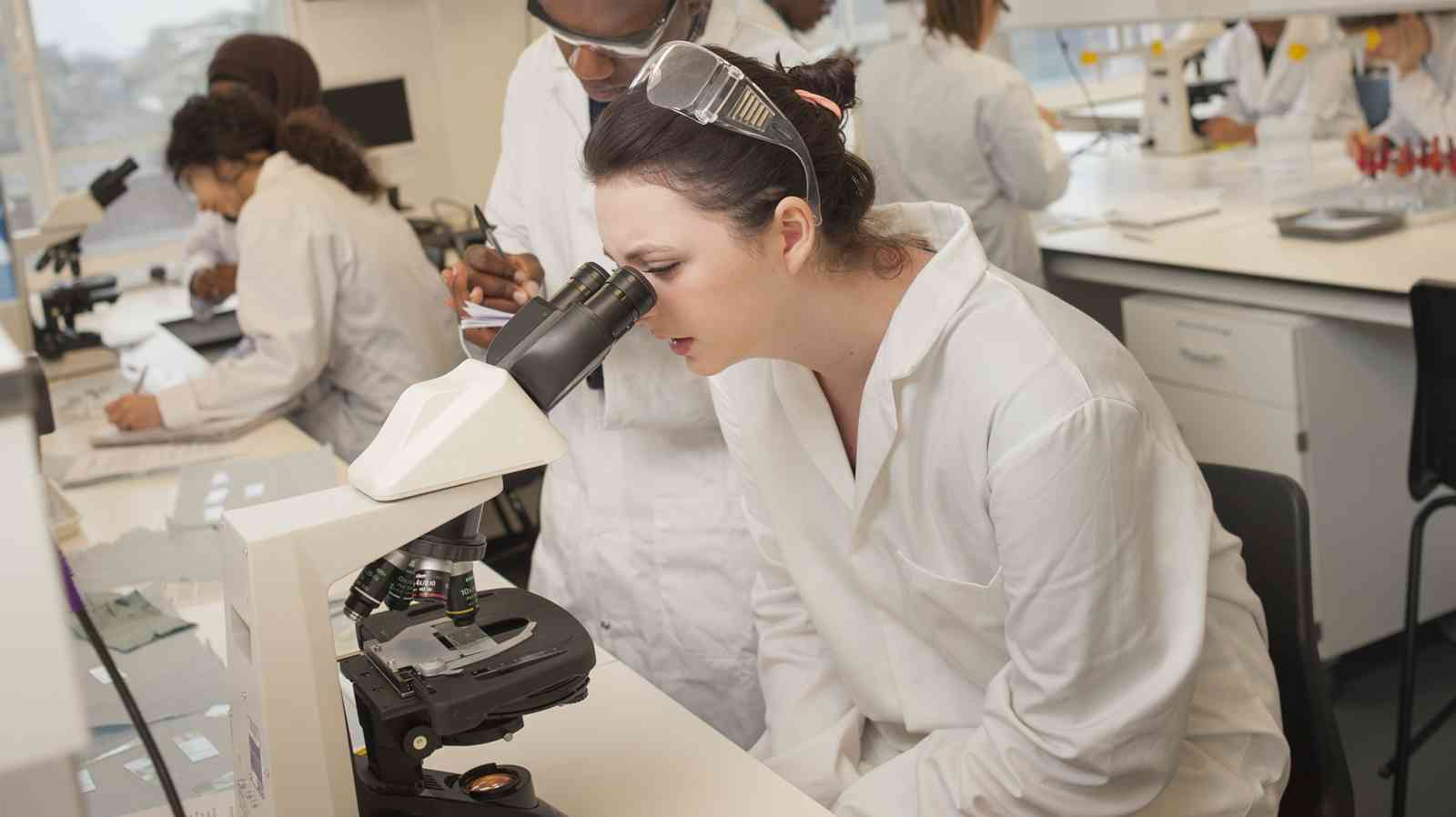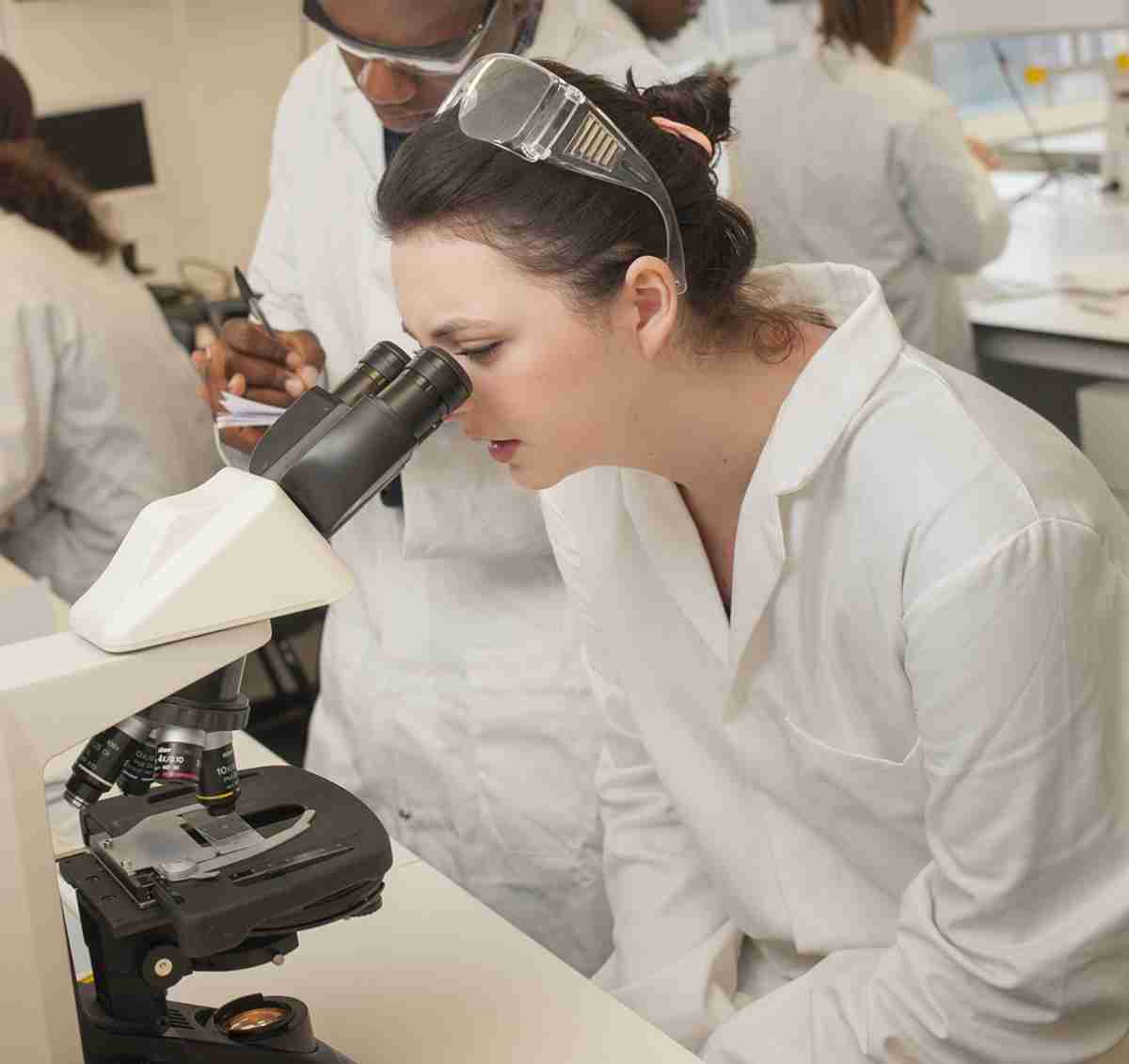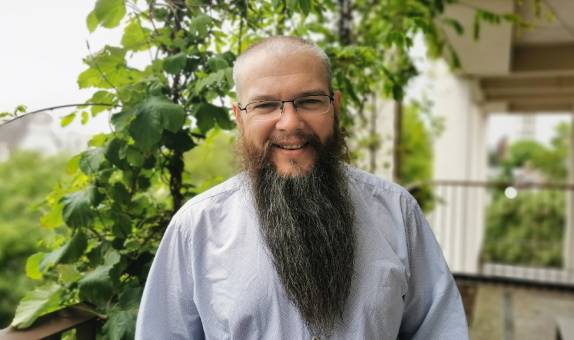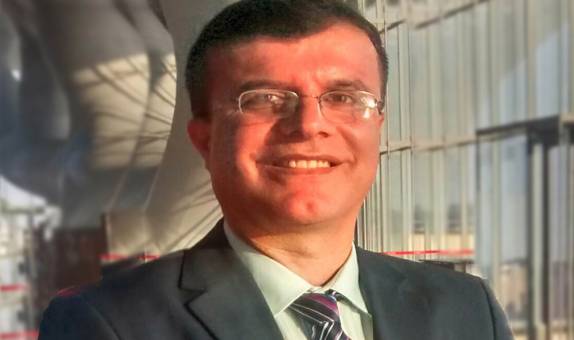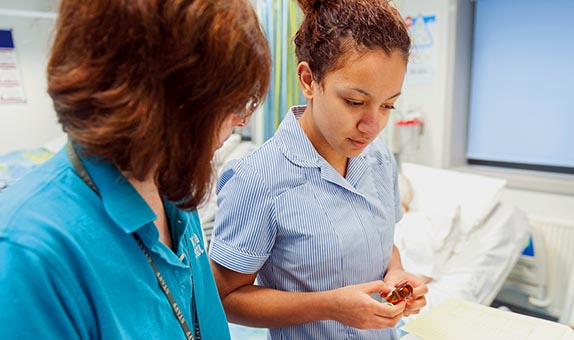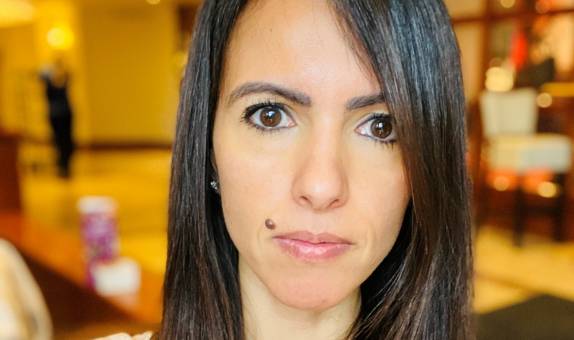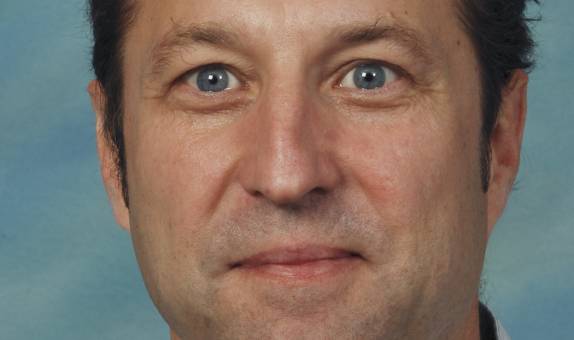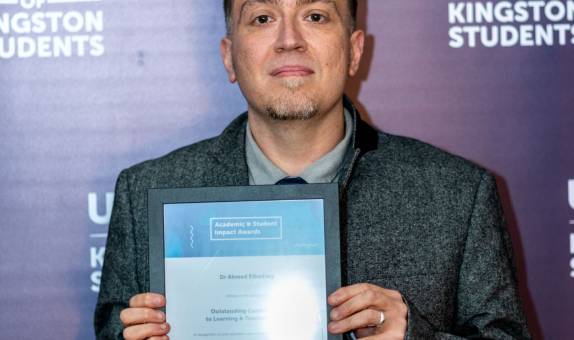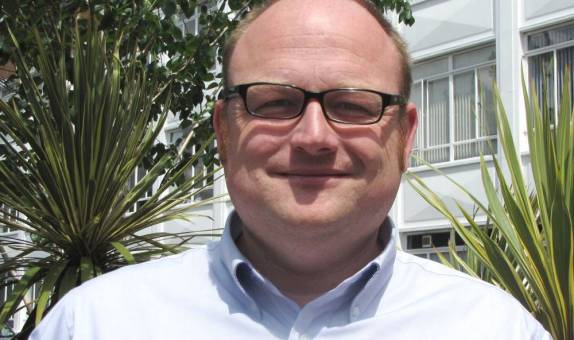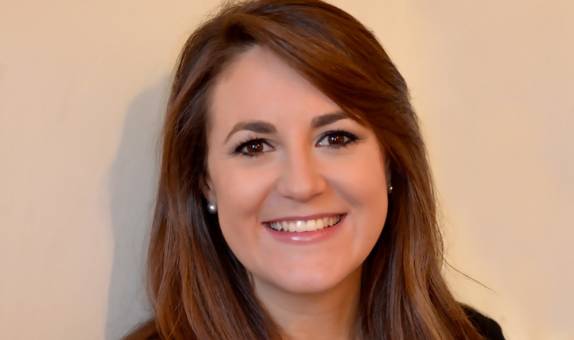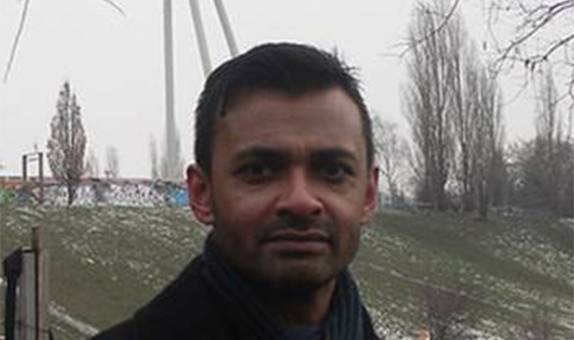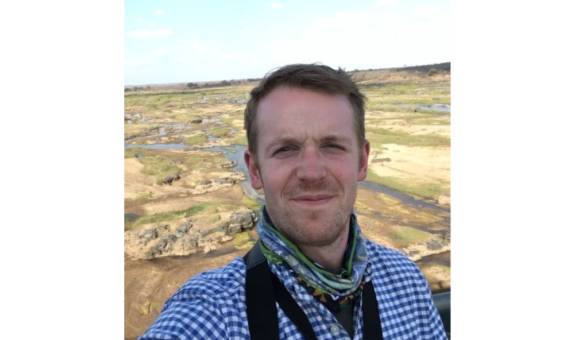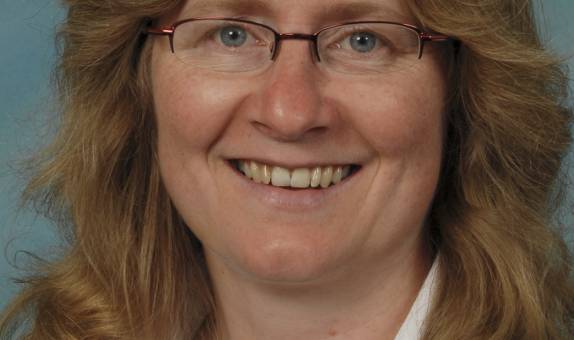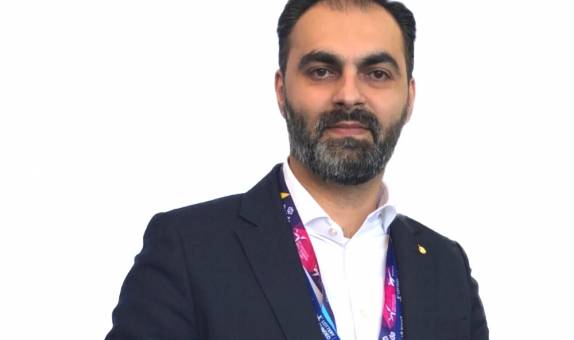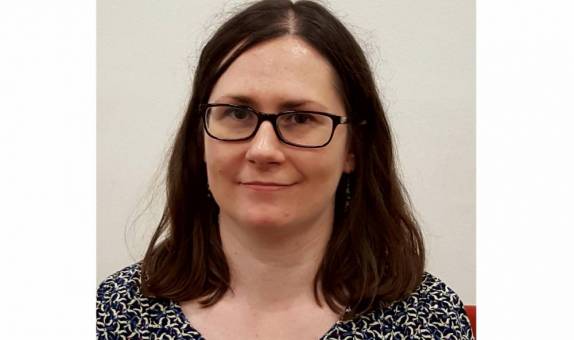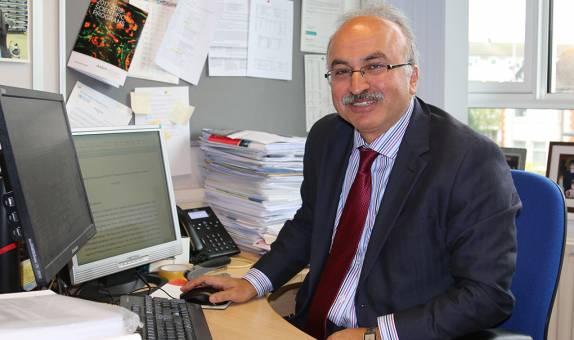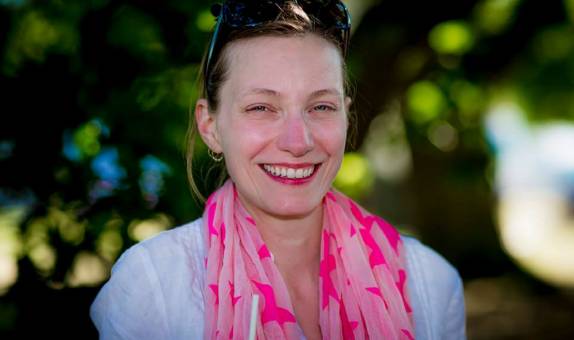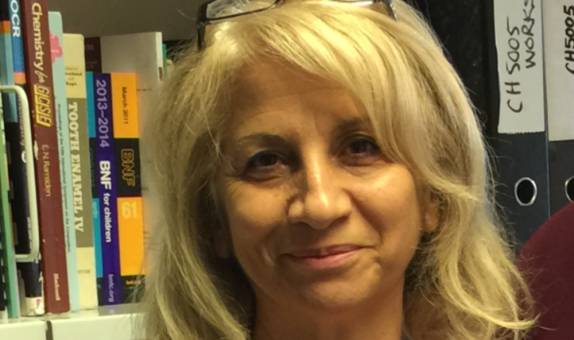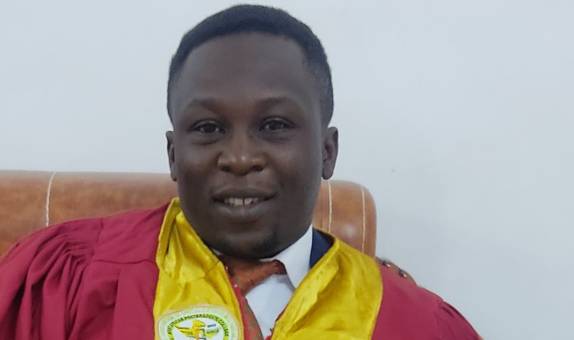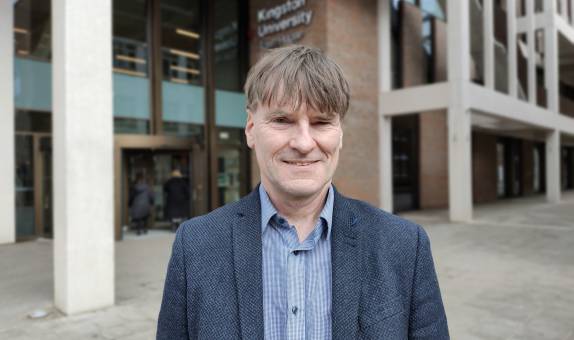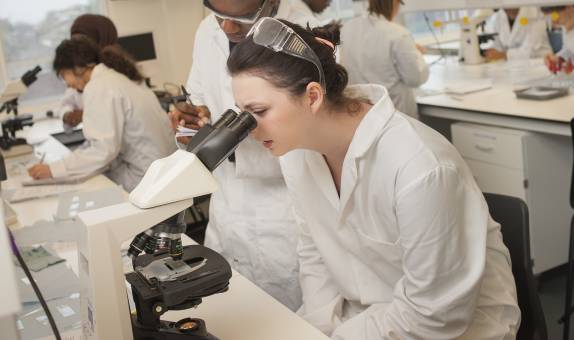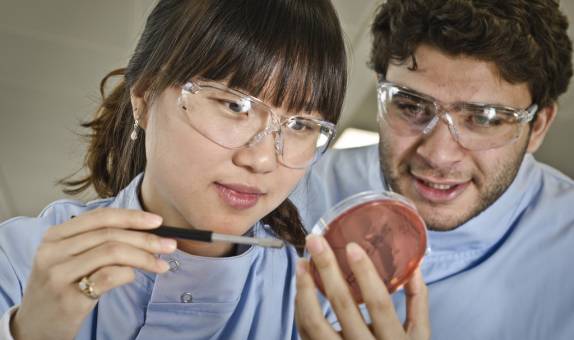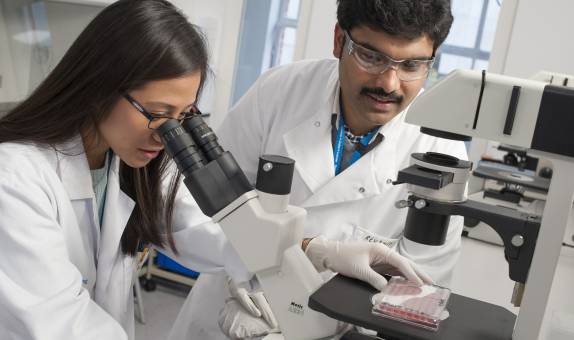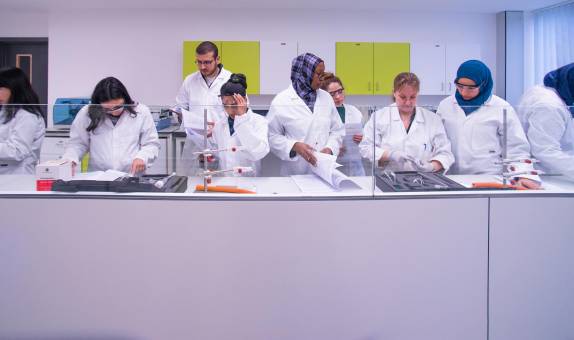Biomedical Science BSc (Hons)

Teaching Excellence Framework (TEF) Gold award
Our commitment to high quality teaching has been recognised with a TEF Gold rating. The University has received an overall rating of Gold, as well as securing a Gold award in the framework's two new student experience and student outcomes categories.
Why choose this course?
Biomedical Science is a course that covers a huge range of topics, such as cancer screening, diagnosing HIV, blood transfusion, the control of infections, immunology and conditions such as cancer and heart disease. It could be the ideal course for you if you enjoy laboratory investigation and the monitoring of diseases. This degree is accredited by the Institute of Biomedical Science (IBMS).
You'll be introduced to biological and chemical principles, molecular and cell biology, physiology, anatomy, biochemistry, and relevant laboratory techniques.
You'll also independently research a subject that interests you. This might include a laboratory-based project, analysis of survey information, or a review of scientific literature.
We have updated our modules to enhance student-centred teaching and align course content with industry needs, helping you become a future-proof graduate.
| Attendance | UCAS code/apply | Year of entry |
|---|---|---|
| 3 years full time | B930 | 2025 |
| 4 years full time with professional placement | B931 | 2025 |
| 4 years full time including foundation year | B948 | 2025 |
Please note: Teaching on this course may take place on more than one KU campus.
| Main Location | Penrhyn Road |
Accreditation
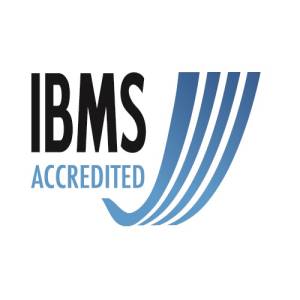
We are currently accredited by the Institute of Biomedical Science (IBMS). The IBMS Training Portfolio can potentially be completed during the placement year of the four-year sandwich course (B931); however, the majority of students undertake this after graduation, once in appropriate employment. This course is not approved by the Health and Care Professions Council (HCPC) for Registration. However, when put together with completion of the IBMS's Registration Training Portfolio, it does provide eligibility to apply for HCPC Registration as a Biomedical Scientist.
Reasons to choose Kingston University
- This degree is accredited by the Institute of Biomedical Science (IBMS). If you also complete the IBMS Training Portfolio, you can apply to register as a Biomedical Scientist with the Health and Care Professions Council (HCPC).
- You'll gain first-hand experience of a busy research or diagnostic laboratory.
- There is an opportunity to do a placement year in NHS laboratories, research institutes or drug companies.
- 96.2% of students thought staff were good at explaining things (NSS 2023).
What you will study
Year 1
Year 2
Year 3
Year 1 offers a firm foundation in the biological and chemical principles upon which biomedical science is based, including various laboratory techniques. You will be introduced to molecular and cell biology, physiology, anatomy and biochemistry.
Core modules
Biochemistry for Biomedical Science
30 credits
This module provides an understanding of how basic chemical elements are bonded to form complex biomolecules in living systems. In this module, we will explore the role and structure of proteins, carbohydrates and lipids and delve into defining their properties and functions. The module will also introduce the vital role of energy transformations in living organisms.
Core material is delivered through lectures, online resources and activities, and problem-solving workshops supported by laboratory practicals and subsequent data analysis.
On completion of the module, you will have a comprehensive grounding in the molecular basis of life from the atomic scale up to cells. This module will help you develop the skills necessary for enhancing your learning through effective note-taking and critical thinking, which will continue to help you throughout your degree.
Genes, Cells and Tissues
30 credits
This module introduces you to basic cell biology of prokaryotes and eukaryotes, genetics, germ layers and tissue types in the human body, as well as in various microorganisms.
You will experience practical sessions, in a state-of-the-art laboratory, on microscopy histology, cytogenetics and microbiology, enabling you to develop practical skills in the correct use of microscopes, examining and studying chromosomes, prokaryotic and eukaryotic cells, microbes and tissues, interpreting, and recording, biological data, and build upon your knowledge gained from lectures.
This module provides a foundation for advanced modules in cell biology, anatomy, physiology, genetics and microbiology.
Human Physiology and Anatomy
30 credits
This module provides you with a dynamic exploration of how human physiology and anatomy work together to underpin health, movement, and physical performance. You will investigate how key physiological systems like the cardiovascular, muscular, and nervous systems work together, while exploring the principles of biomechanics to understand how the body moves and adapts to homeostatic challenges.
Through hands-on labs and workshops, you will develop practical skills in data collection, experimental design, and analysis, learning how to measure and evaluate human performance. By the end of this module, you will have a solid grasp of how human physiology and anatomy are studied and how they relate to broader issues like sustainability and human health.
Scientific and Laboratory Skills
30 credits
This module provides a firm foundation in the general scientific and laboratory skills students require to successfully complete their programmes of study.
A significant component of the module consists of the development and demonstration of core technical/practical skills through familiarity with the laboratory environment through hands-on learning.
This module will also introduce you to Future Skills through engagement with the Navigate programme introducing the key graduate attributes required in developing your professional development portfolio in the biosciences. The Future Skills concepts and activities will support you in developing and evidencing your practice, scientific analytical/problem-solving, teamworking, digital competency, practical and numeracy skills.
You will be supported by themed tutor meetings and peer support tutee teams, enabling you to work on tasks to develop your graduate attributes.
Year 2 includes in-depth study of the more specialised aspects of biomedical science, particularly the nature and effects of human disease. You will develop your knowledge of microbiology and immunology and the cellular pathological changes that occur in medical conditions such as cancer and heart disease. You will learn about medical genetics, including a range of genetic diseases and disorders, and how to identify them.
Core modules
Infection and Immunity
30 credits
This module delves into the fascinating world of microorganisms, that play a big role in health and disease. We'll explore how our immune system responds to these microscopic agents. Through interactive lectures and workshops, we'll examine various microbiological processes. You will learn about controlling these organisms in laboratory settings and within patients. You will also become familiar with the immune system's different cells and organs, understanding how they work together to protect the body from infections upon first exposure and during subsequent encounters. Lastly, we'll introduce some of the molecular processes and signalling events crucial for communication between human immune cells.
Medical Genetics
30 credits
You will be introduced to the molecular and cellular basis of human diseases. This module covers basic concepts of inheritance patterns, population genetics and genetic disorders including single-gene disorders, chromosomal imbalances, epigenetics, and complex disorders. You will learn about molecular genetics techniques, genetic testing and counselling, pharmacogenomics, and personalised medicine.
The module covers basic bioinformatic tools and computational techniques used in analysing large volumes of biological data that help in the identification of genetic variations and their influence on disease processes. You will also be introduced to cutting-edge advancements in the field including gene therapy and editing, single-cell sequencing, and omics technologies. You will gain insight into how these technologies are shaping the future of medical genetics research and clinical practice.
Medical Physiology, Research Methods and Skills
30 credits
This module is divided into two distinct parts. The first part is designed to enhance your understanding of the recurring physiological themes in non-communicable diseases, relating physiological systems to prevalent chronic diseases and likely mechanisms involved. Topics such as endocrinology and metabolic disease neurophysiology, cardiovascular, reproductive, renal and respiratory physiology will be covered. You will gain an insight into the clinical relevance of medical physiology and its direct application to patient care and medical practice through practical experience and interpreting results of essential clinical practice and research-based laboratory skills.
The second part broadens the scope to encompass the wider aspects of biomedical science and beyond. It focuses on developing your Future Skills by engaging them with Explore, enhancing your research, problem-solving, and critical thinking abilities, and preparing you for your final year capstone project. This is further supported by tutor meetings, which help you work on tasks to develop, articulate, and reflect on their progress and graduate attributes. The Future Skills learning outcomes are integrated into this module.
Pathobiology
30 credits
This module discusses the fascinating world of cellular mechanisms of disease and explore how cellular pathology integrates with clinical pathology and other disciplines. Particular emphasis is given to hand-on laboratory techniques to understand cellular injury and its role in routine diagnosis. By the end of the module, you will understand the effects of cell injury, inflammation, cancer, infertility, and genetic diseases on cells. You will learn how cellular pathology and diagnostic techniques contribute to disease identification and the development of research-informed treatments, preparing you for bright and impactful careers in science.
Year 3 consists of specialist modules covering the theoretical and practical aspects of the major branches of biomedical science. These include clinical chemistry and haematology, clinical immunology and medical microbiology. The Clinical Applications of Biomedical Science module includes clinical case studies, integrating diagnostic procedures from across the course and developing awareness of contemporary issues within biomedical science.
Year 3 also includes a research project. This may be undertaken in University research laboratories or in a hospital or medical research laboratory. It enables you to carry out independent research in a subject that interests you, and gain first-hand experience of a busy research or diagnostic laboratory. The project could also be data analysis of survey information or a systematic review of scientific literature.
Core modules
Clinical Applications of Biomedical Sciences
30 credits
This module provides you with the opportunity to integrate the knowledge you have gained from all other modules on the Biomedical Science course. We will use case studies to provide an overview of biomedical techniques, including the use of point of care testing (POC) and traditional laboratory diagnosis.
You will examine their applications in clinical diagnosis, prognosis, and patient management, including drug interactions and the basis of individual variation in drug responsiveness. The use of pertinent clinical cases encourages you to think 'outside the box' and realise that when dealing with a real patient, knowledge gained from the discipline is required simultaneously to make a rational diagnosis.
The module will also examine the importance of "quality control" (QC) and "quality assurance" (QA) in clinical diagnosis enabling you to understand the importance of both QC and QA in the correct day to day running of clinical diagnostics. The Future Skills Apply learning outcomes are delivered in this module.
Clinical Biochemistry, Haematology and Transfusion Science
30 credits
In this course, we explore how laboratory investigations contribute to diagnosing, treating, and preventing diseases like renal disease, diabetes, anaemia, and haematological malignancies. Additionally, we delve into the role of transfusion laboratories in treating specific disorders.
The module kicks off with structured lectures, introducing various topics. These concepts are then further explored during practical laboratory sessions and workshops. You will find additional resources on Canvas, including tutorials to reinforce your understanding of key ideas.
Throughout the course, real-life case studies illustrate best practices in clinical chemistry and haematology. Expert practitioners also deliver keynote lectures, enriching your learning experience. Plus, we emphasise equipping you with the knowledge and practical skills sought after by employers.
Clinical Immunology and Medical Microbiology
30 credits
In this module, we delve into disease related to overactive immunity (such as autoimmune disease and hypersensitivity) and immune deficiency (like AIDS). Additionally, we explore critical aspects of clinical immunology, including cancer immunology, monoclonal antibodies and laboratory diagnostics through case studies.
We then shift focus to infectious diseases and the principles of Medical Microbiology. We take an organ system approach to study selected infectious diseases and their laboratory diagnosis, for example examining infections affecting the respiratory tract, gastrointestinal tract, and urinary tract.
Project (Bioscience)
30 credits
Your independent project forms a very important part of your degree programme. There are several types of projects that may be offered to you: a laboratory or field-based project, data projects involving acquisition of data and information from surveys, computer simulations or bioinformatics, or a systematic review of research literature that includes the collection, analysis, and original presentation of reported research data.
Your project will include a review and critical evaluation of qualitative and quantitative information and data to address a hypothesis or research question, and the production of a written report.
Foundation year
If you would like to study one of our science degrees at Kingston University but are not yet ready to join the first year of a BSc (Hons) course, you can include an extra foundation year within your chosen degree. Please see the science foundation year course page for details of modules.
Future Skills
Knowledge to give you the edge
Embedded within every course curriculum and throughout the whole Kingston experience, Future Skills will play a role in shaping you to become a future-proof graduate, providing you with the skills most valued by employers such as problem-solving, digital competency, and adaptability.
As you progress through your degree, you'll learn to navigate, explore and apply these graduate skills, learning to demonstrate and articulate to employers how future skills give you the edge.
At Kingston University, we're not just keeping up with change, we're creating it.

Entry requirements
Teaching and assessment
Scheduled learning and teaching on this course includes timetabled activities including lectures, seminars and small group tutorials.
It may also include placements, project work, practical sessions, workshops, conferences and field trips.
Who teaches this course?
This course is delivered by the School of Life Sciences, Pharmacy and Chemistry.
The School of Life Sciences, Pharmacy and Chemistry offers an outstanding and diverse portfolio of undergraduate and postgraduate programmes in biological and biomedical sciences, chemistry, forensic science, pharmacy, pharmacological and pharmaceutical sciences, and sport science and nutrition.
We've invested heavily in the development of new facilities including laboratories for teaching and research to provide students with access to ultra-modern equipment in a wide range of teaching facilities.
Postgraduate students may run or assist in lab sessions and may also contribute to the teaching of seminars under the supervision of the module leader.
Facilities
There is a wide range of facilities for practical work at our Penrhyn Road campus, where this course is based. You will have access to a modern environment with the latest equipment, including:
- the £9.8 million Eadweard Muybridge building with state-of the art laboratories;
- an exercise physiology and biomechanics lab;
- modern applied biology and chemistry laboratories
- specialist equipment, such as electron microscopes and spectrometers;
- computing laboratories and a team of IT technicians to offer assistance; and
- a newly refurbished state-of-the-art nutrition kitchen.
The Library offers:
- subject libraries, plus a free inter-library loan scheme to other libraries in the Greater London area;
- online database subscriptions; and
- a growing selection of resource material.
Course fees and funding
Additional costs
Depending on the programme of study, there may be extra costs that are not covered by tuition fees which students will need to consider when planning their studies. Tuition fees cover the cost of your teaching, assessment and operating University facilities such as the library, access to shared IT equipment and other support services. Accommodation and living costs are not included in our fees.
Where a course has additional expenses, we make every effort to highlight them. These may include optional field trips, materials (e.g. art, design, engineering), security checks such as DBS, uniforms, specialist clothing or professional memberships.
What our students say
After you graduate
Careers and progression
This degree provides excellent preparation for careers in science, health and education, and postgraduate studies such as medical and research degrees.
What our graduates say
Work placement year
How you can work in industry during your course
Placements:
- provide work experience that is relevant to your course and future career
- improve your chances of graduating with a higher-grade degree
- enhance your CV
- lead to a graduate job
- enable you to earn a year's salary whilst studying (the vast majority of placements are paid)
- help you to select your final-year project.
There is a lot of support available for students looking to secure a placement (e.g. a jobs board with placement vacancies, help with writing CVs and mock interviews). Getting a placement and passing the placement year are ultimately the student's responsibility.
This course provides the opportunity to do an industrial placement. Here are some examples of employers:
- GSK
- NHS Laboratories
- Pfizer
- UK Health and Security Agency
Key information set
The scrolling banner(s) below display some key factual data about this course (including different course combinations or delivery modes of this course where relevant).
Course changes and regulations
The information on this page reflects the currently intended course structure and module details. To improve your student experience and the quality of your degree, we may review and change the material information of this course. Course changes explained.
Programme Specifications for the course are published ahead of each academic year.
Regulations governing this course can be found on our website.
